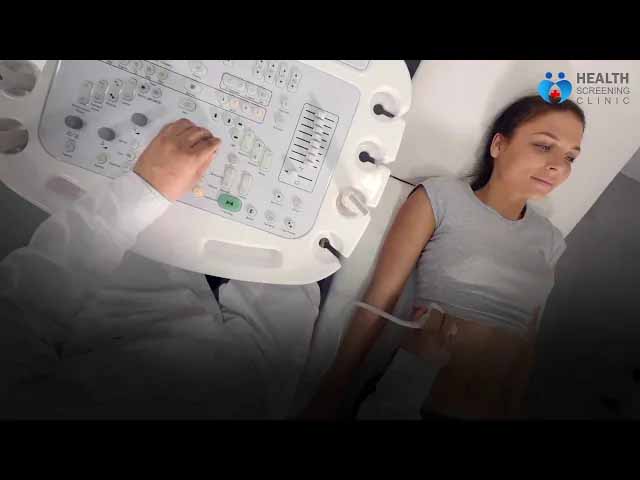Food Allergy Testing
Skin Scratch Testing (SPT) with extracts of fresh food allergens or specific IgE testing on a blood sample is the most commonly used diagnostic test for food allergy.
For over a century of using this method, Skin Scratch Allergy Testing is the prop in allergy diagnosis; it’s cheap, safe, straightforward, and unchallenging for someone in the practice to perform it. The challenge with food allergens is that unlike commercial inhalant allergens, they’re difficult to come by. There’s also a lack of stability of extracts; only a few food allergens like Peanuts, Hen’s Egg, Wheat, Soybean, Treenuts, Fish and Cocoa are stable.However, vegetable allergens are very unstable likewise fruit allergens. Based on that, we tend to use the Prick plus Prick test, where we pick the triggering food, gather some sap and then scratch the patient with the fresh extract; it’s, reproducible, highly reliable and possibly more accurate than RAST allergy tests.
Alternatives to Skin Scratch Allergy Testing
RAST test should be used when skin allergy testing is unavailable. But RAST tests have a 60% accuracy, false positive test results may occur, and it can be costlyespecially on occasions where many allergensare tested, and blood has to be sent to specialised immunology laboratories to be processed.
Atopy Patch Tests detects delayed hypersensitive allergic reactions to contact allergens like nickel, rubber and cosmetics. Its new application allows for use in infantile eczema and preservative allergy testing in foods and condiments like wine, Balsamic vinegar, etc.
The Double blind placebo controlled food challenge test isgood for food allergy diagnosis,but because of its associated risks and impracticability in the GP settings, only specialists with the right equipment can perform it.
Conventional IgE Blood Allergy Testing
(RASTs and ImmunoCAP)
These are the latest RAST allergy test. They measure specific IgE in the serum to different food allergies; there are various screening panels.
Up to 160 different food allergens ranging from Almond to Youngberry can be used to allergy test for specific IgE antibodies.
Pitfalls in food allergy diagnosis include:
- The occurrence of Food Cross-reaction (developing an allergy to more than one food within the same family)
- Common allergic reactions to widely distributed allergens called Panallergens (Lipid Transfer Proteins and Profilins)
- Inconsistent denaturing of food allergens due to cooking.
- Vegetables and ripe fruits are more allergenic
Clusters of Hypersensitivity
This term describes foods that have cross-reacting allergy with one another. For instance, if you’re allergic to Brazil nut, you’re prone to being allergic to walnut and pecan nut.
Drawbacks of Conventional Allergy Tests includes:
- The lack of accurate tests makes the diagnosis of non-IgE allergies reactions unknown
- Intolerance to Lactose cannot be diagnosed on a skin allergy or blood test
- Provocation allergy testing (open or Double blinded) is too dangerous, time-consuming, and tedious to perform
- Non-IgE mediated delayed allergic reactions and intolerances to food are difficult to confirm on testing.
For more information on food allergy testing, we recommend a visit toour clinic or give us a call today, and we will be glad to help out.
Contact Us



